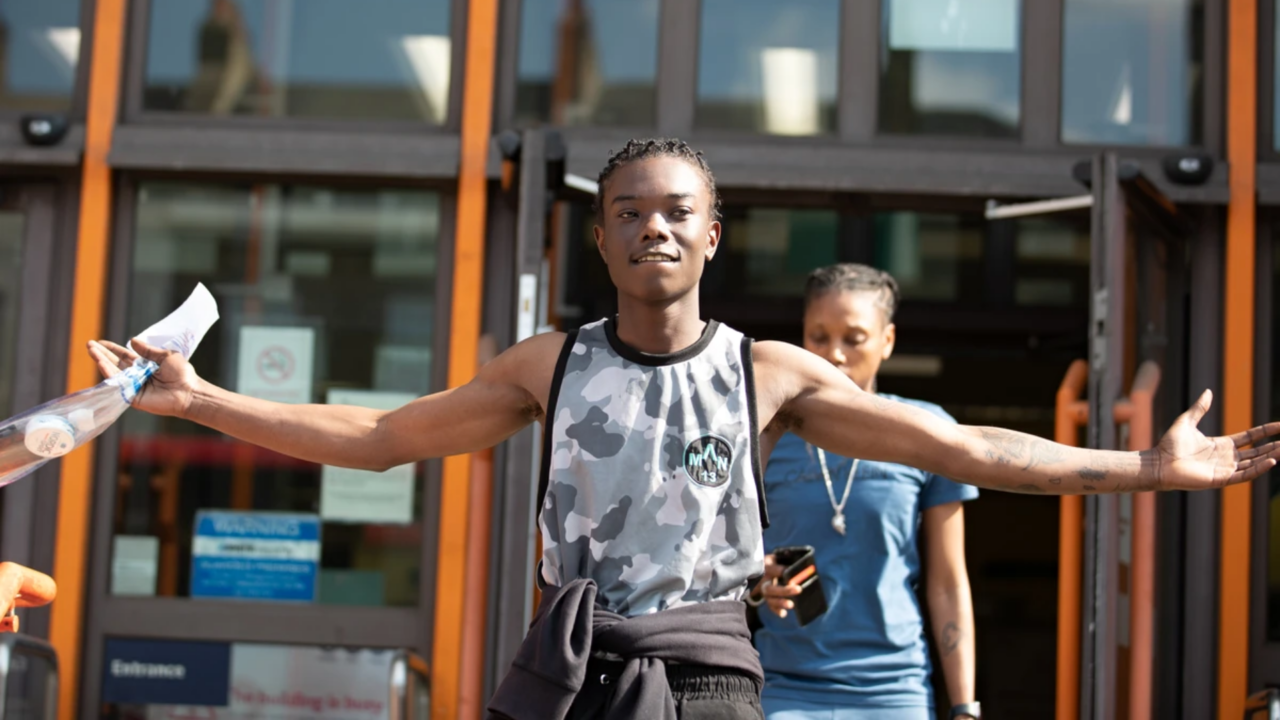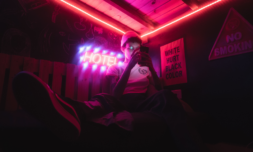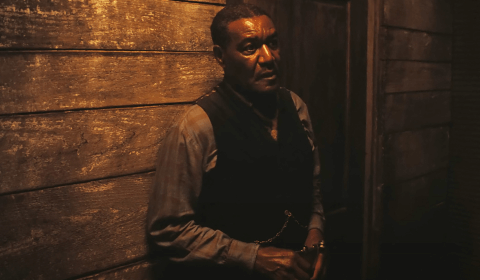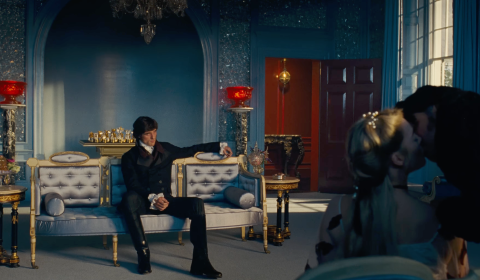Meet Mizzy, the epitome of chasing attention and clout at all costs. His illegal ‘prankster’ antics have garnered a cult-like following online and ignited concern that aspiring creators may follow his blueprint.
‘Hate brings likes, hate brings views,’ says 18-year-old Bacari-Bronze O’Garro, aka Mizzy.
Like millions of youngsters, Mizzy has shunned the idea of a conventional career in favour of chasing the influencer dream. Achieving social media stardom is harder than it may seem, though, considering a reported 34 million videos are uploaded to TikTok every day.
The algorithms behind these endless streams of content reward one thing only, attention. When vying to garner a viewership, those without the necessary work rate, originality, or talent may eventually resort to juvenile pranks and public aggravation. It’s been the case since YouTube’s earliest iteration.
Falling under the guise of so-called prankster content, this moronic underbelly of community creation had seemingly gone out of fashion in recent years. That is, until Mizzy proved anti-social behaviour can still provide a foot on the ladder for aspiring creators.
Who is Mizzy?
The London-based teenager first appeared on TikTok a few months ago under the alias ‘TikTok Terror’.
His early pranks were relatively harmless, including trespassing in Alton Towers theme park and riding an electric bike into Sainsbury’s. After an initial taste of virality – mostly from shock content aggregator accounts – he would raise the stakes dramatically in the following months.
A slew of asinine videos recently rolled out in quick succession not only landed Mizzy in the bad books of viewers, but also law enforcement.
A few of his most notorious outings include running away holding an elderly woman’s dog, attempting to leapfrog an Orthodox Jewish man in the street, entering a scared stranger’s home without permission, and walking up to young people at night to ask them if they ‘want to die’.
@itvnews TikTok ‘prankster’ Mizzy arrested for ‘public nuisance’ after entering Hackney home in video #mizzy #london #youtuber
All of these videos are usually accompanied by the inane shouting of ‘we outside,’ which Mizzy presumably hopes will become a cult catchphrase.
Having been arrested for the home invasion, he received a criminal behaviour order (CBO) and was ordered not to post videos without the explicit consent of those featured. To the surprise of literally no one, Mizzy’s stance is that the content will continue – although not on TikTok, YouTube, or Instagram, where he has been banned.
‘I’ve had enough,’ Mizzy’s mother Donna recently stated to the Daily Mail.
‘Even if he goes to the shop, he does his stupid little pranks. I don’t like what he’s doing. I’m not supporting him. He needs to find a job and sort himself out. That’s what he needs to do.’




















